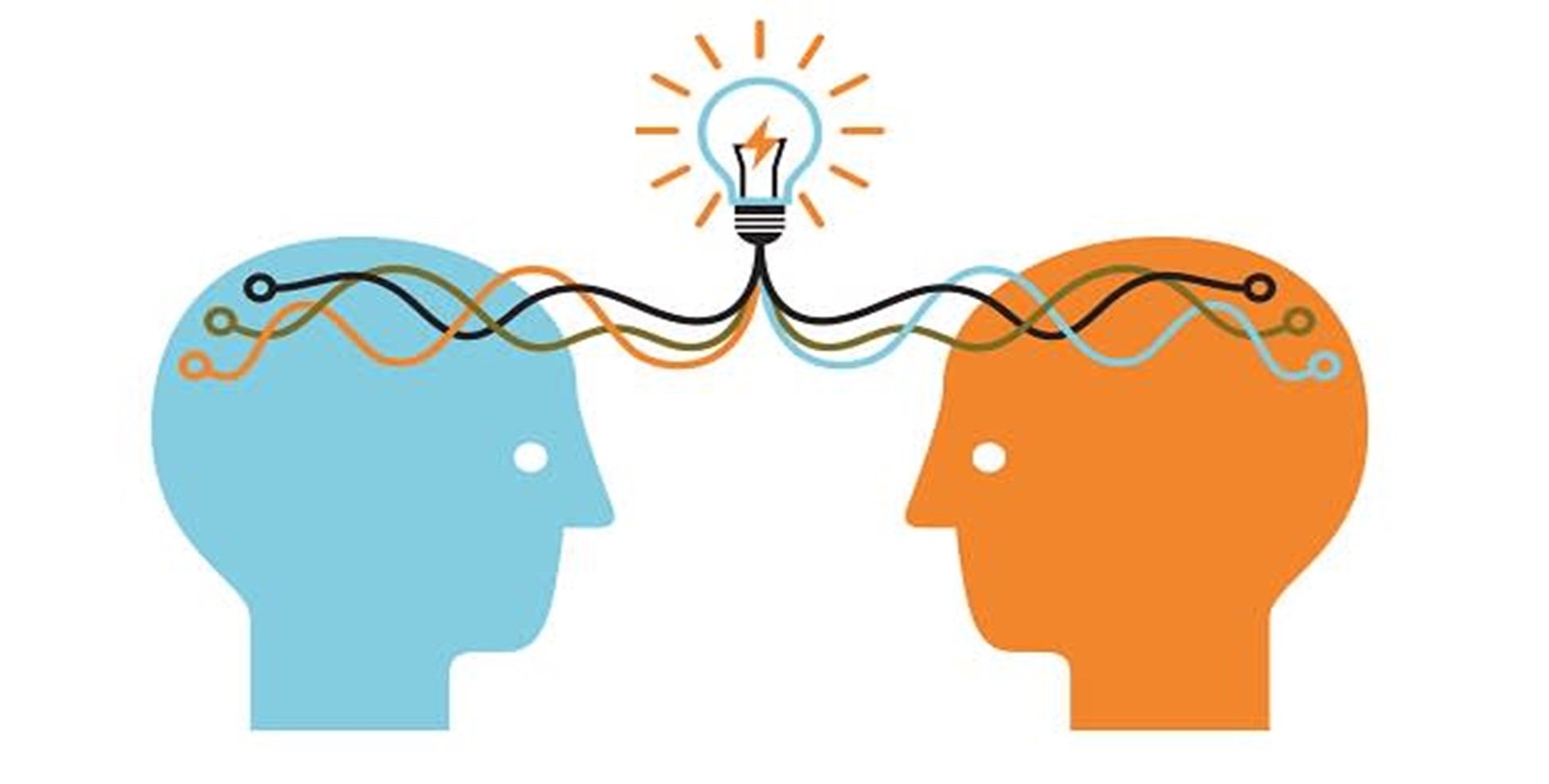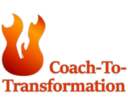

SOUL Coaching model
- Jan 07th 2019
Foreword
The soul is the self, the “I” that inhabits the body and acts through it. Without the soul, the body is like a light bulb without electricity, a computer without the software, a space suit with no astronaut inside. With the introduction of the soul, the body acquires life, sight and hearing, thought and speech, intelligence and emotions, will and desire, personality and identity. A soul is not just the engine of life; it also embodies the why of our existence, it’s meaning and purpose. It is our “inner identity, it’s raison d’être. Each soul is the expression of God’s intent and vision in creating that particular being. ”
Introduction
Many times in a coaching situation we find that a client is confused about things in life. The client doesn’t know why he/she is doing or not doing, what he/she is doing or not doing and is not sure about way forward. This happens because of the clutter in our minds in terms of information overload, emotional or material attachments which blinds or prohibits our ability to see things in proper perspective. Coaching model SOUL helps us sort this clutter out and get clarity about what exactly we want rather than what the world wants us to do….which is why the word SOUL. This means our inner voice or soul which wants to tell us lot of things but many times we fail to hear it because of internal and external noise. In this model the client draws from the internal motivation or inner strength to reach his / her goal.
The model SOUL draws on the belief that human being is capable of finding his/her own goal in life or path to success. The model doesn’t prescribe one way of doing things but rather takes client forward on his/her journey to achieve things in life.
The model SOUL is not merely based on gut or intuition but uses all relevant information available with the client during all the four steps of this model. The client takes an informed decision and hence believes in his/her own capability of doing things and is more committed to the action plan.
“In the Attitude of Silence the Soul Finds the path in a clearer Light, and What is Elusive and Deceptive resolves Itself into crystal Clearness. Our Life is a Long and Arduous quest after Truth.” – Mahatma Gandhi
Soul / Self Goal – What does your soul / inner voice tell you about where it wants to go
It is very easy to get influenced by things and people or the external world specially in this age of stiff competition. In this race of trying to get ahead of everyone or trying to prove ourselves, we lose sight of our own uniqueness or lose touch with our own self. If we stop the internal noise in our head, we would be in a much better position to see things clearly and take appropriate decisions. If we quite our mind we will know where we want to go or what we want to do in life. It is a crucial stage which sets the tone for the entire coaching conversation. The coach helps coachee set the goal for the coaching session as well as long term goal by asking right questions or the soul stirring questions by injecting confidence in him / her.
Questions that can be asked at this stage :
- What would need to happen for you to walk away feeling that this time was well spent?
- What outcome would you like from this session?
- What does success look like?
- How will you measure it?
- How important is it?
When coach asks these questions, he /she is displaying the first three competencies under the heads :
- Setting the Foundation
- Meeting Ethical Guidelines and Professional Standards
2. Establishing the Coaching Agreement - Co-creating the Relationship
3. Establishing Trust and Intimacy with the Client
Outlook of the reality –
Taking a good look at the reality without missing out on any details is half the battle won. This gives us a good sense of where we are. Many times we live in the unreal world distorts our vision for the future. Asking the right questions and challenging the client at this stage will help explore the current situation. The coach’s role here is to stimulate self-evaluation with the client, and to identify the obstacles that have been holding the client back. Peeling the layers of the client to understand the deeper emotions and feelings, beliefs or fears is very important at this stage. So it’s a challenge to come as close as possible to reality, by-passing as many distortions as possible. Coach should help coachee to remove as many false assumptions as possible. Many times the solution emerges out of the current reality.
Questions that can be asked at this stage :
- What is happening NOW / where are you now?
- What have you done about this so far? What results did that produce?
- What is in your control / not in your control?
- What effect it is having on you / others?
- What is missing in the situation?
When the coach is asking these questions, he/she is displaying the following competencies :
- Communicating Effectively
5. Active Listening
6. Powerful Questioning
7. Direct Communication
All three competencies are important to go to the root of the issue and elicit the right response from the client so that the reality becomes absolutely clear for the client to move forward. This is an important stage where the client gains awareness of the current situation – what’s going on, the context and the magnitude of the situation.
Understanding options –
Once coach and the client have explored the current reality, it’s time to explore what is possible – meaning all the potential options that could lead to the right solution.
Help coachee to generate a list if possible at this stage. The objective of the coach during the Options stage should not be to find the right answer, but to help coachee identify as many different ideas and solutions as possible. No obstacles should block the brainstorming process. At this point in the process, it’s the creative part that provides the real value. The coach during this stage should ask questions which will stir the creative side of coachee. It’s from this inventory of creative possibilities that actions will be chosen during the next stage.
Questions that can be asked at this stage :
- What else could you do?
- Who might be able to help?
- What options do you have?
- Which option do you like the most / which option interests you the most? The reasons?
- Benefits and costs of each option (if required)
By asking these questions, the coach is displaying the core competency of Creating Awareness. Many times the client is not aware of different possibilities to resolve the issue at hand or to reach his goal. The coach works with the client to show the greener side or the potential. This helps the client to suspend all judgement and self-criticism. Many times the client travels from the negative / dark to the positive / light at this stage.
Light up the path –
Coach works with the client at this stage to come up with an action plan. The distance between your dreams and reality is action.
The purpose of this final phase is to transform a discussion into a decision, using the outcomes of the three previous coaching steps. Again, coach will be guiding the coachee through a series of questions. By examining the current Reality and exploring the Options, coachee will now have a good idea of how s/he can achieve their personal goals. But without ownership to kick-start and drive future actions, it has no value. So the coach needs to help coachee to take responsibility and commit to action. As you want to maximize chances for success, you need to examine any potential obstacles, discuss ways of overcoming them, agree on the resources needed and the nature of further support.
So, the fourth phase demands that the coachee takes several decisions. The coachee takes the decision, even if that decision is to take no action at all. The coachee always maintains choice and ownership. The path that the coachee carves out or decides for himself/herself is lit up with all support systems, fall back plan, strategies to overcome hurdles, etc. So the journey for coachee on this path is full of joy and happiness.
The questions to be asked at this stage :
- Tell me how and when you are going to do that
- What is one step you are going to take?
- What roadblocks do you expect or require planning?
- How will you know that you have done it?
- What are your criteria/ measurement of success?
- What support do you need and from whom?
- How can I be of any help / support?
- How committed you are?
By asking these questions, the coach displays the following competencies :
- Facilitating Learning and Results
9. Designing Actions
10. Planning and Goal Setting
11. Managing Progress and Accountability
The fourth phase becomes easy if the first three phases are handled well. The key in the final stage is the commitment of the client without which the entire process will become futile.
The competency of coaching presence is displayed by the coach at all stages of model SOUL so that he/she doesn’t lose client at any stage during the process. Even the competencies of Active Listening and Powerful Questioning are required to be demonstrated at all levels of the process. Coach is there all the time in the present moment so that he/she doesn’t miss out on anything that the client says whether in terms of words or non-verbal communication.
No one saves us but ourselves. No one can and no one may. We ourselves must walk the path. – Buddha
Conclusion :
The model SOUL fits into all coaching situations if implemented well with lot of understanding and maturity. The model SOUL will make sure that client’s inner journey and outer journey is integrated. Coach’s soul or inner voice will guide him/her at each stage of this model. It will make sure that the client is super committed to his own goal. It helps to clear away mental, emotional and physical clutter so one can hear the messages from within. It also helps you discover your purpose so you can design a life that supports that mission.
Ramana Maharshi’s words : “The Guru is none other than the Self. As the seeker’s mind is bent outward, the Self takes a human shape as a Guru, to help drive it inward.”
May your SOUL guide you always like a Guru and help you take right decisions at the right time. May your SOUL be your Guru.


Rajat Garg
Rajat is a Master Certified Coach (MCC) with over 18 years of industry experience and over 2500 hours of coaching experience, helping people and organizations attain maximum effectiveness. His background includes working with CXOs, senior managers, managers and board of directors of small private companies to multi-billion dollar publicly traded organizations.









0